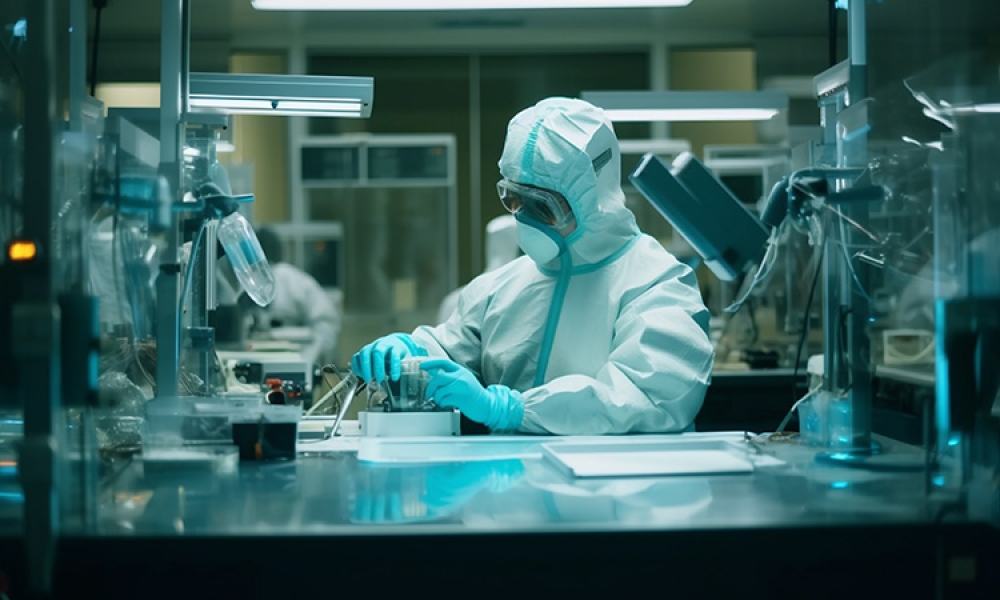The pharmaceutical industry’s work on developing treatments and vaccines for COVID-19 (novel coronavirus) is moving forward, including these recent developments:
- Gilead’s remdesivir treatment is in clinical trial in China, and the company announced it is expanding clinical trials outside of China.
- Moderna has shipped the first batch of its mRNA-1273 to the National Institute of Allergy and Infectious Diseases (NIAID).
Gilead Sciences, Inc. said in late February that it is starting two Phase 3 clinical studies to evaluate the safety and efficacy of remdesivir in adults diagnosed with coronavirus. In a statement, the company said the randomized, open-label, multicenter studies will enroll approximately 1,000 patients at medical centers primarily in Asian countries and other countries with high numbers of diagnosed cases. The studies will assess two dosing durations of remdesivir, which is administered intravenously. The company noted the initiation of these studies follows the FDA’s rapid review and acceptance of Gilead’s investigational new drug (IND) filing for remdesivir for the treatment of COVID-19.
Remdesivir has already been in two clinical trials in China and a recent clinical trial began in the United States led by the national Institute of Allergy and Infectious Diseases (NIAID). Gilead has donated drugs and provided scientific input for these studies, with results from the China studies expected in April, Gilead said.
Moderna, Inc., has sent the first mRNA-1273 to the National Institute of Allergy and Infectious Diseases (NIAID), part of the National Institutes of Health, to use in the planned Phase 1 study in the US. Moderna’s cGMP facility in Norwood, Mass., produced the vaccine just 42 days after sequence selection. mRNA-1273 is encoding for a prefusion stabilized form of the Spike (S) protein, selected by Moderna in collaboration with investigators at the NIAID Vaccine Research Center, according to Moderna. The Norwood facility, the 2019 FOYA winner for Facility of the Future, was instrumental in being able to achieve production of the initial vaccine, said Juan Andres, Chief Technical Operations and Quality Officer at Moderna, in the statement.
ISPE’s members are committed to addressing health challenges such as coronavirus, and ISPE is proud to count among its members representatives from these and other companies working to address patient needs on a global basis. FDA has communicated that they are closely monitoring the medical product supply chain and the COVID-19 outbreak would likely cause an impact. ISPE members are integral to the on-going monitoring of this supply chain within their firms. The ISPE Drug Shortage team remains alert to assist in ongoing efforts.
iSpeak Blog posts provide an opportunity for the dissemination of ideas and opinions on topics impacting the pharmaceutical industry. Ideas and opinions expressed in iSpeak Blog posts are those of the author(s) and publication thereof does not imply endorsement by ISPE.



